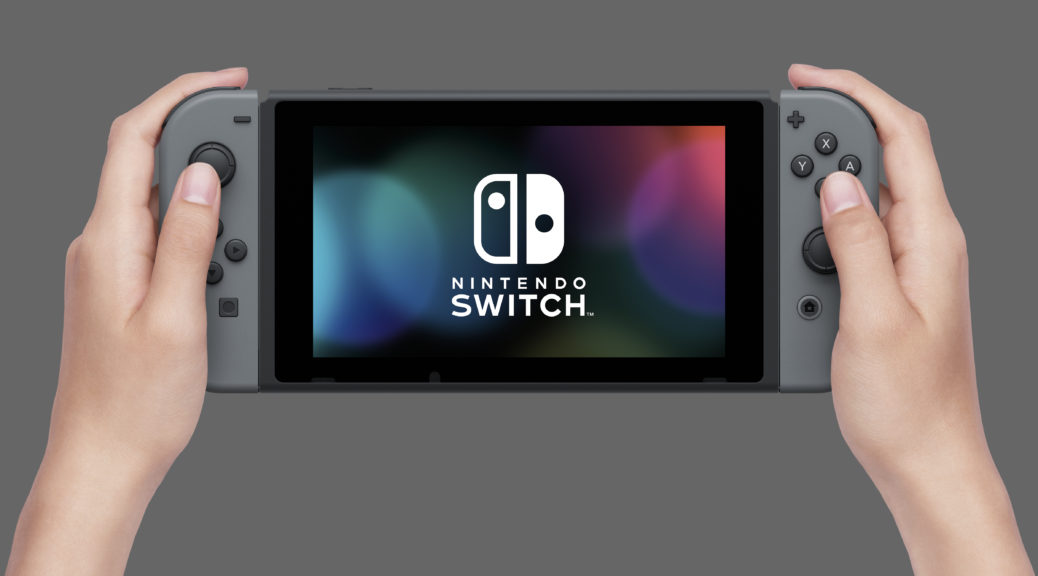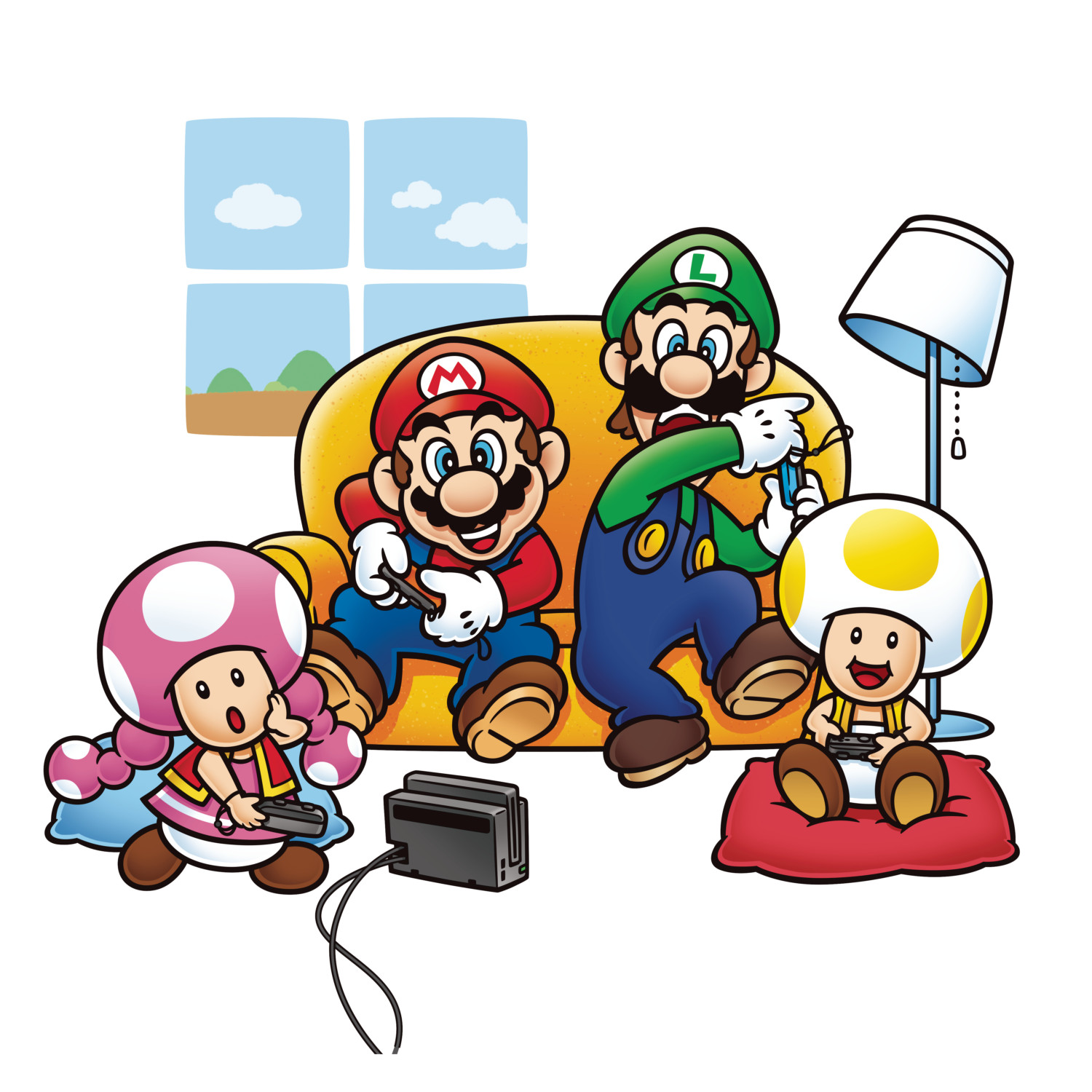Recently Entertainment Station managed to secure an interview with Nintendo employees Yusuke Soejima and Park Masashi. Soejima and Masashi work together with indie developers hoping to bring their games to Nintendo Switch.
During the interview, Soejima and Masashi said that both indie games and AAA games are equally important in Nintendo’s eyes. The company doesn’t prioritize one type of game over the other. Both employees also shared the challenges indie games face in Japan, and how the ‘indie’ label may affect a game’s chances in Japan.
Check out the full scoop below, translated by ResetERA member Fukuzatsu:
What is an “indie game” as seen from Nintendo?
The editorial department who visited Kyoto hit directly with Mr. Yusuke Soejima and Mr. Park Masashi who are actively in charge of indie games at Nintendo. I talked with them about Nintendo’s unique indie game policy that can be said only because they are active at the forefront as a window with indie creators.
To summarise, Mr. Yusuke Soejima and Mr. Park Masashi work with indie developers including those in their department.
On how titles are treated on the eShop.
As Nintendo, how is the difference between indie game and conventional game recognized?”
“Park: On Nintendo platforms, we don’t really differentiate between AAA titles from established firms and indie games. In actuality, they’re lined up as equals in the Nintendo eShop. We don’t specially promote indie games just because they are indie games, and conversely we don’t prioritise them below AAA titles either.”
*Read as “Triple-A Title”. There is no clear definition, but it refers to big hits and other popular games, as well as large-scale games with a large development budget.
On bringing indie awareness on the eShop in Japan.
As was also mentioned at the beginning, unlike other platforms, indie games are handled in the same line as major companies titles on the Nintendo Switch eShop. In recent years, being indie in overseas is becoming one brand-like position, and users increasingly playing indie games are also increasing.
Why they wouldn’t want to risk using an indie label in Japan.
What distinction?
Branding risks.
So you’re saying that the label of ‘indie game’ could actually work against something?
“Park: While it would be nice if the label of ‘indie game’ always added some kind of value to a product, there is always the possibility that branding something in this way could cause others to ignore it. That’s something we must avoid at all costs, I think.”
The following is Google translated but it reads fine.
On using Player’s Voice to give exposure to games available on the eShop.
Are there titles etc that I’d like to pick up and recommend in the future?
Soejima: Currently Nintendo Switch develops game news that introduces game content, etc. on the release date of each title, but there are customers that find “it is difficult to understand which title is interesting” alone. So we started deploying in the game news section “PLAYER’S VOICE” which introduces titles that are popular according to the questionnaire result of the customer. In the first round, “Overcooked®” which was popular as an indie title is taken up.
Park: We wish to continue about once a month. It is hard to say which titles to recommend as Nintendo, but I hope to introduce popular items from customers.
Sojima: At the end of last year, the ranking of software which had high recommendation degree was also announced at “PLAYER’S VOICE RANKING”, but after the “Legend of Zelda Breath of the Wild” and “Super Mario Odyssey” in the whole Nintendo Switch “Steam World Dig 2” ranked 3rd, “Overcooked®” ranked fourth.
There is only one part of the interview I wanted to show and here is the transcription.
Please tell us about the prospects for the future of Nintendo’s indie games, medium term and long term. What kind of vision do you aim for at the moment?
Soejima: First of all, we just want to get developers on board with developing for our platform when they decide what to develop games for. It’s not really a ‘goal’ per se, but before the Switch really got going, when we would see trailers or posters at events, the platforms that would always be shown at the end were almost always other companies’ machines. There was really nowhere where you would see the 3DS or WiiU supported… It was absolutely a situation where we weren’t even seen as a practical option. It was here that we thought we’d like to have the Switch’s logo up there with the other companies’.
“Park: Fortunately, Nintendo Switch has seen international success, and I think the opportunities for us to be a viable platform have increased. Going forward, we’d like to maintain our momentum, and become a platform developers make content for, from the beginning of development and as a matter of course, alongside the others.”
“Park: Looking at more long-term ideas, it’s not something just the two of us can do on our own, but there’s a cycle we would like to see the entire industry work to support, of indie developers being able to easily produce titles, get a real ROI from them, and then easily move on to the next title, with other (new) developers following their example to enter the industry.”
“Soejima: If a given title sells really well, then it can be recognised as its own IP, and it would be great if such an IP can go on to last in the industry and be accepted by consumers. The entire game industry, not just Nintendo, needs to think about how to increase the number of titles born from the indie game scene. Lastly, I just want to say that while indie games tend to be associated with the digital world, we’ve learned that as a ‘community’, it is actually incredibly analogue. It’s a scene that emphasises connections between people, and that’s something we want to place importance on as well.”

